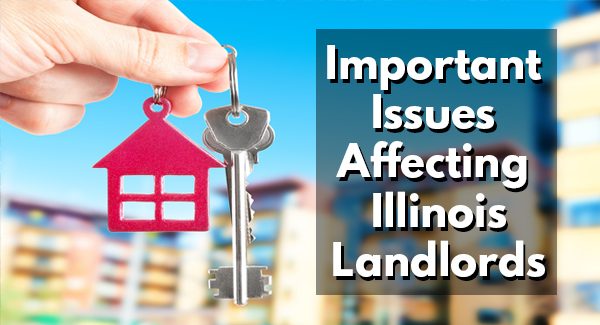As a landlord, you probably know that finding the perfect renter is just half the battle. The other half is trying to make sure that perfect renter pays on time. So, what do you – the landlord – do when you stop receiving that rent check?
Below is a quick checklist you should review to become familiar with tenants’ rights before serving an eviction notice to your tenant:
1. Do not wait until the rent balance becomes sizeable
Be aggressive with your approach and serve the tenant with the appropriate notice for nonpayment of rent. Depending on the terms of the lease, the notice will typically either be a 5 day notice or a 10 day notice. This is commonly referred to as a Landlord’s Five Day Notice and it should contain certain key information.
2. The notice must be specific
The header of the notice should contain the tenant’s name and address. The body of the notice should contain the balance owed, the property address, and an address of where the payment can be made.
3. The notice must be served upon the tenant
If there are multiple tenants, it only needs to be served upon one of the tenants to be deemed effectively served upon all. Note: If the tenant makes full payment of the amount demanded in the notice, the landlord must accept this payment and cannot refuse tender.
4. A forcible entry and detainer action
After the tenant has been served, and five days have passed and no payment has been made, the landlord has the right to file a forcible entry and detainer action. This type of lawsuit will allow the landlord to obtain a money judgment (if the tenant can be found and personally served) and an order for possession. It is imperative that the notice is properly prepared so you can file the lawsuit, if necessary.
If you are a landlord or property manager and have concerns regarding this checklist or questions about the Illinois eviction process, please do not hesitate to contact the attorneys at Kovitz Shifrin Nesbit by calling 847-537-0500 or visiting www.ksnlaw.com.
Since 1983, KSN has been a legal resource for condominium, homeowner, and townhome associations. Additionally, we represent clients in real estate transactions, collections, landlord/tenant issues, and property tax appeals. We represent thousands of clients and community associations throughout the US with offices in several states including Florida, Illinois, Indiana, and Wisconsin.
This article is made available by the lawyer or law firm publisher for educational purposes only as well as to give you general information and a general understanding of the law, not to provide specific legal advice. By reading this article you understand that there is no attorney client relationship between you and the article author. This article should not be used as a substitute for competent legal advice from a licensed professional attorney in your state. © 2017 Kovitz Shifrin Nesbit, A Professional Corporation.
_______________________________________________

